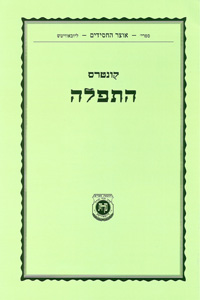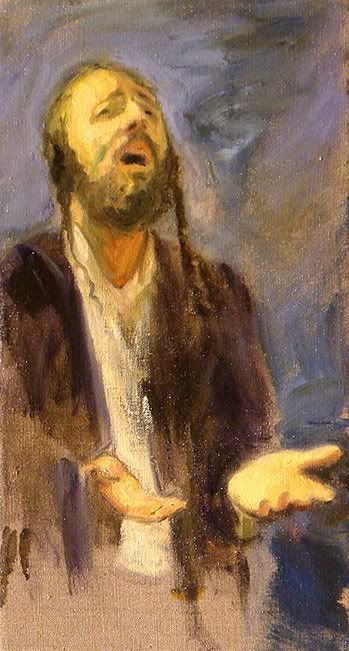I’ve noticed a certain tendency. After finishing Yeshivah people think, if only subconsciously, that solid study of Nigleh and Chassidus, Avodas HaTefillah, farbrengens, and so on, are for the bochrim. But now that they’ve finished Yeshivah, and never mind when they get married, they’ve moved on, “been there, done that,” GRADUMACATED, and all that intense spiritual stuff is far behind them.
The Rebbe addresses this twisted way of thinking here:
Participation in the Avodah with which the Alter Rebbe charged all those connected with him is incumbent not only on bochurim, but also, and on the contrary, perhaps even more, upon the married men and baalei batim (including those who regard themselves as baalei batim). For even after marrying one does not leave behind this status of being a mekushar of the Alter Rebbe [and thus expected to follow his demands in Avodah], chas v’shalom. On the contrary, by marrying one brings another person into this category,[1] and later on, when one has a “blessed upright generation,” one teaches that generation from the outset in this manner, until they don’t know of any other reality!
The Rebbe says clearly: If anything, the demands of the Rebbeim in one’s Avodah Penimis are even greater davka after one marries!
On a similar note (though not so directly related to the topic of the blog), some people think, if only subconsciously, that if one is a Shliach, he should be actively spreading Yiddishkeit and Chassidus, but if not, not. That’s for the Shluchim, right? That’s they’re responsibility!
Nonsense. It’s for all Chassidim. The only difference is that a Shliach is charged with devoting himself to this goal full-time, whereas the rest of us—who are still in the majority, for better or worse—are charged with using our talents to spread the good word in whatever setting we find ourselves.
Yes, we may have to do other things superficially related to this physical world. But what is, or what should be, the true focus of our lives? Not finding a parnoso gashmis (may all Yidden have parnoso in abundance), but finding a parnoso ruchnis. What can we do to improve the state of basic Jewish observance of the not-yet-frum Jews around us, such as Mikveh, chinuch, kashrus, Shabbos observance? Lechaim!
[1] This apparently refers to one’s wife.








